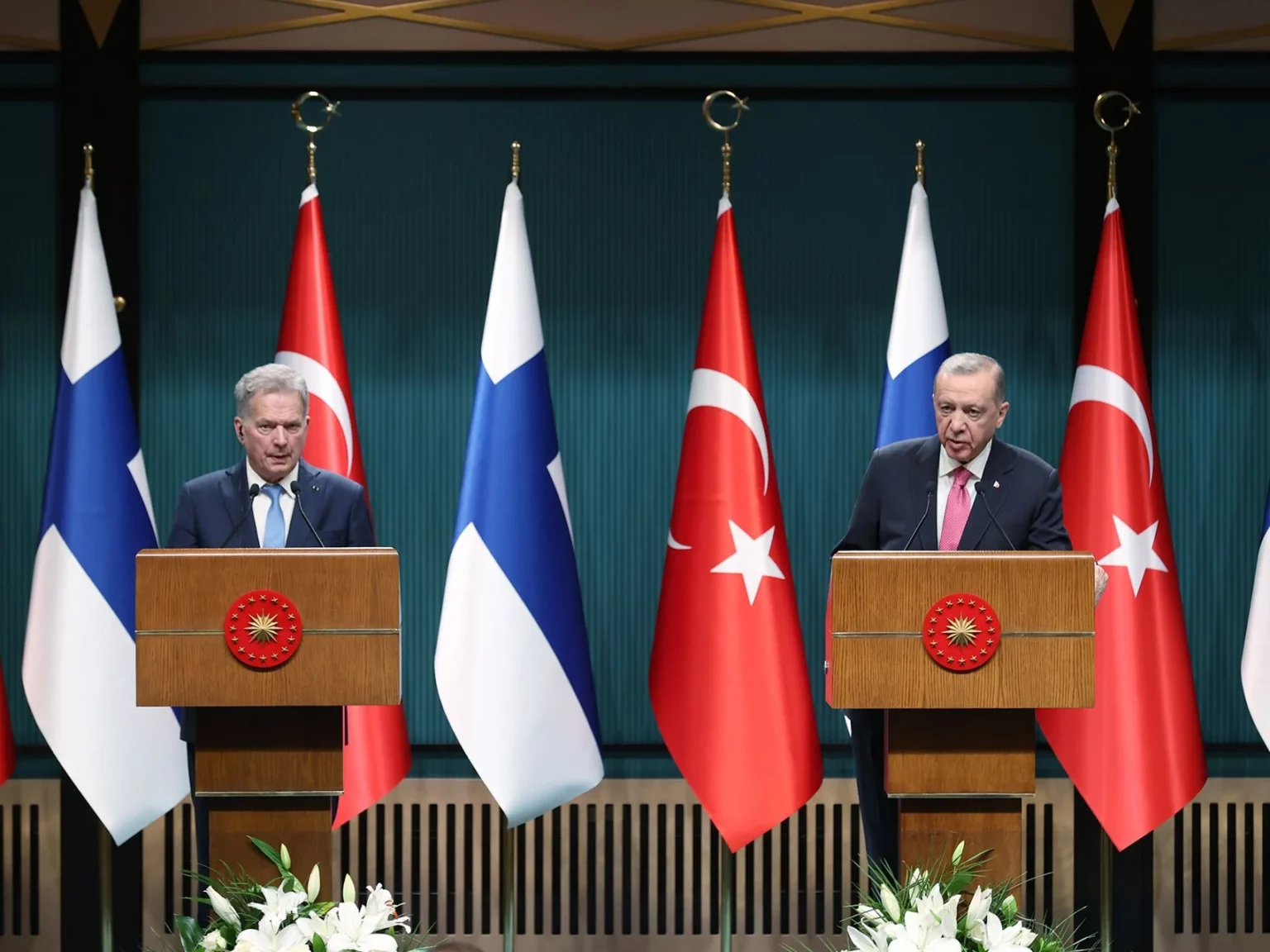Turkey has finally approved Finland’s application to join NATO, clearing the last hurdle in the accession process. The Turkish Parliament voted unanimously in favor of Finland’s membership on Thursday, making Turkey the last NATO member to approve the move. Hungary only did so on Monday.
In a statement after the vote, Finnish President Sauli Niinisto said his country is “now ready to join NATO.” “All 30 NATO members have now ratified Finland’s membership. I want to thank every one of them for their trust and support,” he added. “Finland will be a strong and capable ally, committed to the security of the Alliance.”
NATO Secretary General Jens Stoltenberg also welcomed the decision, saying in a tweet, “This will make the whole #NATO family stronger & safer.”
Finland and Sweden have traditionally been committed to non-alignment with NATO, as a way of avoiding provoking Moscow. However, that changed when Russian President Vladimir Putin ordered his troops into Ukraine, forcing the two Scandinavian countries to re-evaluate their neutral status.
An overwhelming majority of NATO members welcomed Finland and Sweden’s applications, approving them within weeks. But two countries – Turkey and Hungary – began to stall the process. Erdogan accused Finland and Sweden of housing Kurdish “terrorist organizations,” while Hungarian Prime Minister Viktor Orban claimed they were spreading “outright lies” about his country’s rule of law record.
Turkey and Hungary later softened their stance on Finland’s accession, opening the door to its membership earlier this month. However, they remain opposed to Sweden joining – at least for now.
Erdoğan has previously said Turkey would not approve Sweden’s NATO membership unless the country extradites “terrorists” upon Turkish request. Sweden has made clear this won’t happen and for now, the process is stuck.
Turkey is a powerful NATO member, with the bloc’s second-largest military after the United States. Its location at the southeastern flank of the alliance makes it a strategically important member. It acts as a buffer between the West and a swathe of Middle Eastern nations with a history of political instability, and where Western states have major interests. However, the country has become a bit of a troublesome member under Erdogan’s leadership.
Erdogan has disagreed with NATO allies on a number of issues, including Syria and Libya, and opposed the appointment of Denmark’s Anders Fogh Rasmussen as head of NATO, until then-US President Barack Obama pledged that one of Rasmussen’s deputies would be a Turk.
Turkey has also benefited from its membership in the alliance, both in terms of security and political influence. However, its current stance on Sweden’s membership could backfire and hand Putin a propaganda coup.




